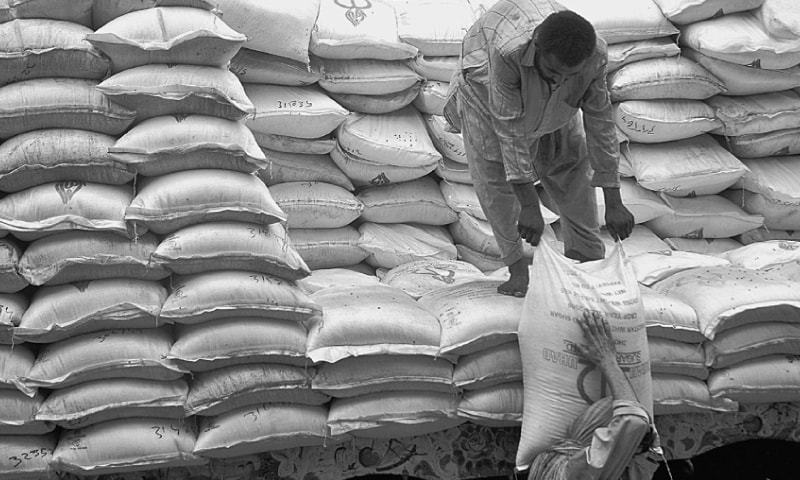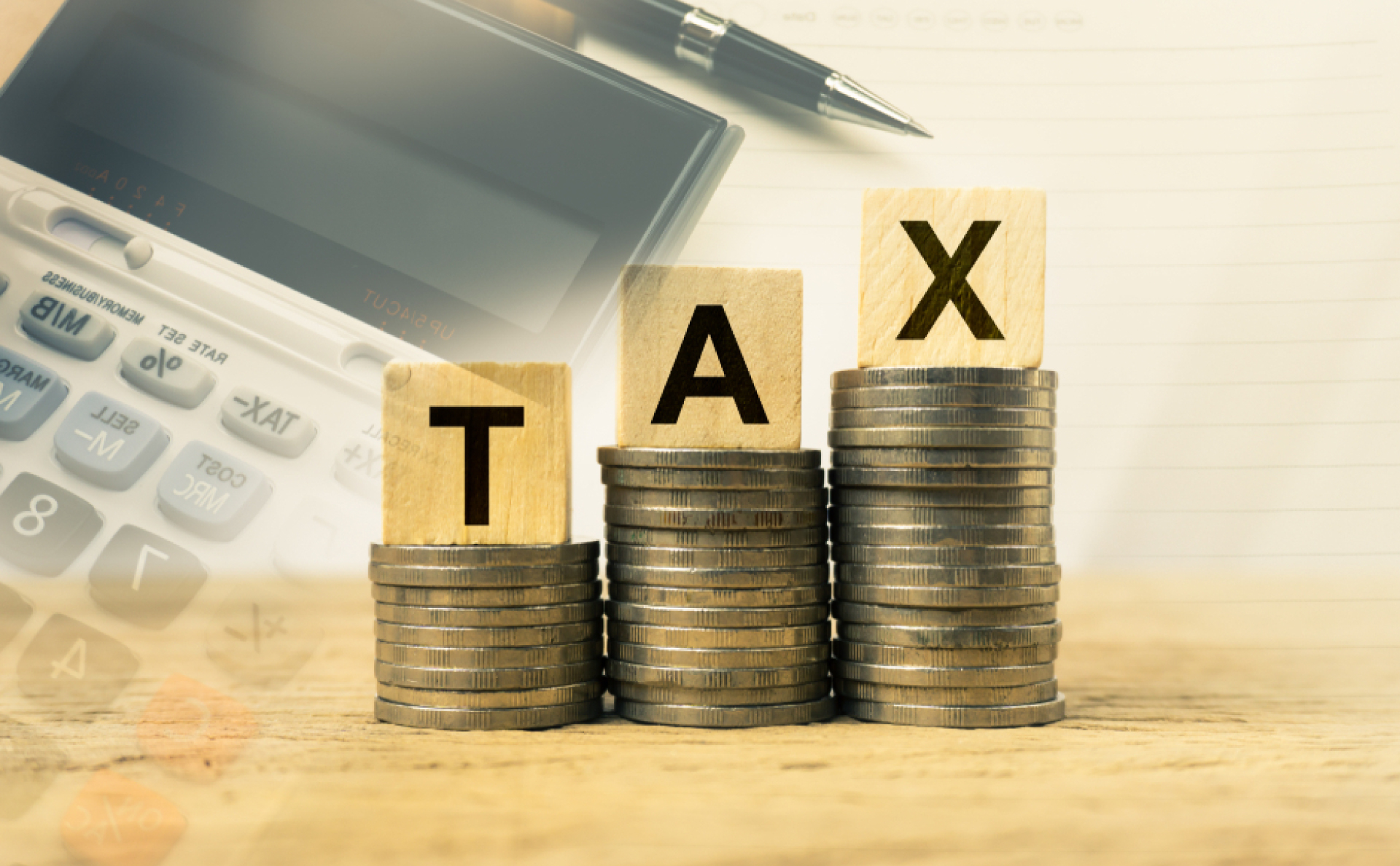PTBP Web Desk
Prime Minister Shehbaz Sharif announced on Thursday that Pakistan has earned $500 million in valuable foreign exchange through the export of surplus sugar.
This development comes as part of a series of measures aimed at bolstering the country’s economic stability. Chairing a meeting to review the economic situation and digitisation reforms in the Federal Board of Revenue (FBR), the prime minister emphasized the significance of timely decisions in achieving this milestone.
In June 2024, the Pakistan Sugar Mills Association (PSMA) proposed exporting up to one million tons of refined sugar in phases. The plan was expected to generate approximately $650-700 million in foreign exchange. The government’s initial approval allowed the export of 150,000 tons of sugar. This quota was subsequently expanded, with an additional 100,000 tons approved in August and 40,000 tons allocated for export to Tajikistan under a government-to-government agreement. By October 8, 2024, the government permitted the export of 500,000 tons of sugar, solidifying its commitment to leveraging surplus stocks for economic gain.
The PSMA recently urged the government to allow further sugar exports, citing over 1.08 million tons of surplus stock at the onset of the new crushing season. Industry leaders argued that continued exports would not only generate additional revenue but also stabilize domestic markets by managing inventory levels effectively.
During the review meeting, Prime Minister Shehbaz Sharif underscored the importance of digitisation in achieving economic reforms. He called for a data-driven approach to enhance revenue collection and directed the FBR to implement robust strategies for improving the taxation system. The premier emphasized strict measures to ensure compliance with these strategies, highlighting the government’s commitment to fiscal discipline.
Shehbaz Sharif instructed authorities to complete key digitisation initiatives within the FBR by December 31, 2024. The meeting revealed that the FBR’s value chain digitisation is expected to be finalized by March 2025, marking a significant milestone in the government’s reform agenda.
The prime minister also noted a significant recovery in the energy sector, driven by a crackdown on smuggled fuel and reduced petrol and diesel prices. Pakistan’s petroleum sales reached a 25-month high of 1.58 million tons in November 2024, reflecting a 15% year-on-year increase. Shehbaz Sharif urged intensified efforts to combat petrol smuggling, emphasizing its impact on market stability and revenue generation.
The meeting participants were informed about the progress of video analytics installation in the sugar industry. The installation work has been completed, and the design phase for implementing video analytics in the cement industry has also been finalized. The prime minister directed swift action to complete the installation process in the cement sector, underscoring the government’s focus on leveraging technology for operational transparency and efficiency.
In a bid to support small businesses, the FBR is set to launch a mobile app for digital invoicing by the end of December 2024. This initiative aims to simplify tax compliance for small enterprises, fostering greater participation in the formal economy.
Additionally, a central assessment unit for faceless customs assessment has been established in Karachi. Scheduled to commence operations on December 31, 2024, this unit represents a significant step toward modernizing Pakistan’s customs framework and reducing opportunities for corruption.
The government’s multifaceted strategy—encompassing surplus sugar exports, digitisation reforms, technological advancements in industries, and enhanced revenue collection—demonstrates its commitment to addressing economic challenges comprehensively. As Pakistan navigates its path toward recovery, these measures are poised to play a pivotal role in fostering sustainable growth.




